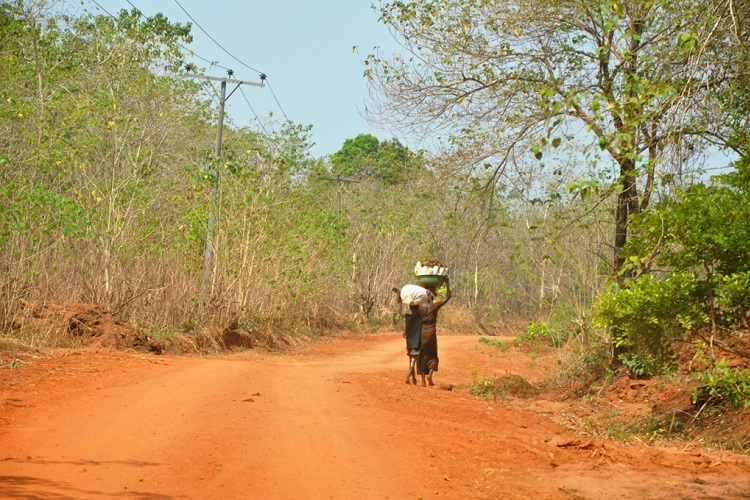
The major occupation of those residing in Nigerian rural communities is farming. However, there are other types of farmers who don’t reside in the local communities which will be discussed in this write-up. In the last post, I provided an insight into the rural livelihood in Nigeria. Rural areas lack many modern facilities that can be found in big towns or cities. Livelihood refers to the occupation and lifestyle people engage in to survive. There are different types of rural livelihood in Nigeria.
Agricultural Labourers
These are people who work as farm labourers to earn their living. They are involved in land preparation, planting, clear weeds from farmlands, plow, ridge, plant, harvest, among other tasks. Most of these activities are done manually using hoes and cutlass. The majority of these workers don’t own land, instead, they work on farmlands owned by well to do farmers. However some own lands which are usually very small, and for subsistence agriculture. I had lots of encounters with some of these laborers and I found out some of them are being paid pennies because the Majority of them don’t have other sources of income. They are being paid monthly wages or on yearly bases and they comprise of mostly youths. This post explains into details the hiring and wages of labourers.

Farmers
These are people who reside in villages, owns lands, and engage in farming activities. They cultivate the land, plant, manage the crops and sell the proceeds to earn their living. Some of them own large farms while some have small lands and some don’t own lands, they got them on lease. However, not all of them depend fully on farming, the majority of them have other sources of income to complement their farm earnings. Some engage in poultry and fish farming. I met with many farmers and found out Finance is a major challenge to many of them. They borrow money from thrift lenders, cooperatives, and some relatives or friends for fertilizers, seeds, chemicals and so on. Securing government loans is very difficult among Nigerian farmers, and it’s mostly inaccessible. If there are any farmers that got such loans then that would be very few and not noticeable. This challenge prevents lots of youths from farming and some farmers try finding other means of survival.
Farmers with other sources of income
These are farmers who don’t earn a considerable amount from selling their crops or in livestock farming. Instead, they work in processing mills such as oil palm mills close to farms. They sell farm inputs like fertilizers, chemicals, the source for farming equipment for other farmers. Some go to work on different part-time jobs in cities to survive.
Rich farmers and landowners
There are very few rich farmers in Nigeria rural settings. This category of farmers owns the largest part of lands and they hire most of the agricultural laborers to work on their lands. I came across farmers with over 10 laborers and even one with about 30. They feed these laborers and pay them yearly wages. Some of them own the mills in villages, and some have cars and trucks for transporting their produce to cities.
Other service providers
Aside from farmers, labourers, and landowners, there are other people living in Nigerian villages with other sources of income aside from farming. They include retailers of basic food and usable items, teachers (some don’t reside in the villages), vulcanizers, drug vendors or chemists, nurses, tailor, etc.




